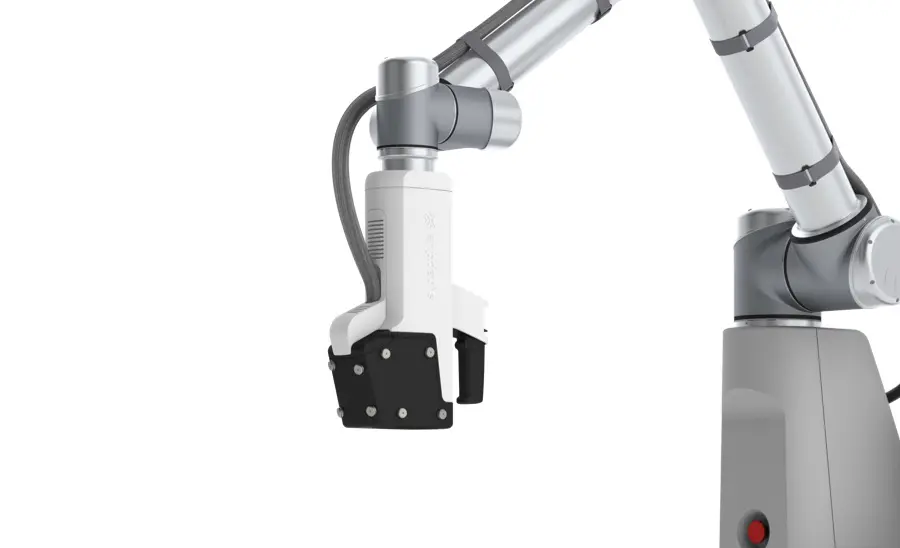April 15, 2021
Delray Medical Center is the first hospital in South Florida to use the Synaptive’s Modus V™ 3D exoscope.
This technology is a fully automated, robotic digital microscope combining advanced optics with 3D visualization, video processing and robotic automation allowing for a more precise excision of brain tumors.
Delray Medical Center is also the first hospital in South Florida to use the Modus V™ 3D for spinal surgery. Utilizing voice-control surgeons can maintain focus at all times on the surgical field.
“This new technology is designed to offer improved procedural outcomes for patients, and give us the best opportunity to safely operate on the brain and spine,” said Dr. Lloyd Zucker, medical director of neurosurgery for Delray Medical Center. “We look forward to bringing these benefits to our patients at Delray Medical Center. The hospital is committed to bringing this and other groundbreaking technologies to South Florida.”
Unlike traditional microscopes, Modus V allows all members of the operating room team to see the magnified surgical field in 3D, which is displayed on a screen. At the same time the surgeon is viewing it in 3D. The Modus V provides a larger depth of field and magnification than a conventional operating microscope.
The video exoscope provides the clinician with auto-focus and voice-activated controls. This allows control of the camera position and all other camera functions hands-free, so the surgeon can keep operating at all times with better visualization and navigation.
“This advanced technology gives us a new option to treat patients with brain tumors, that could also enable them to have a better long-term quality of life,” said Maggie Gill, chief executive officer for the Palm Beach Health Network and Delray Medical Center. “We are always striving to bring patients in Palm Beach County the most comprehensive neurological treatment options close to home, and in a safe environment.” More Delray Medical Technology featured news.
